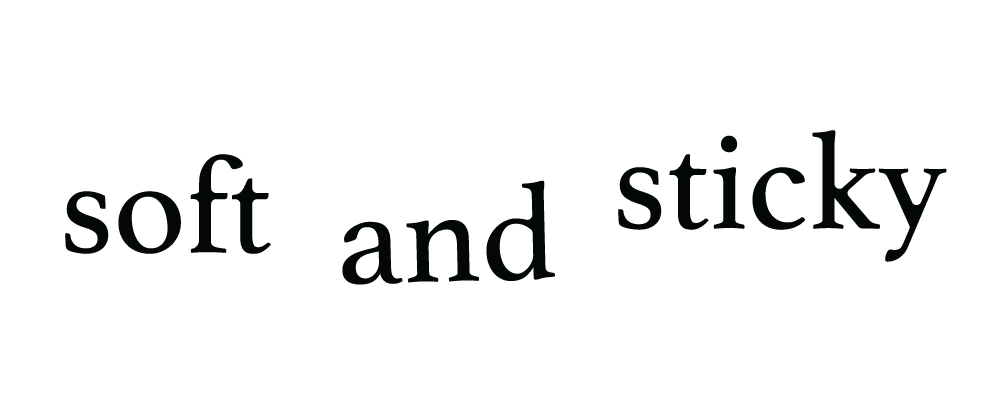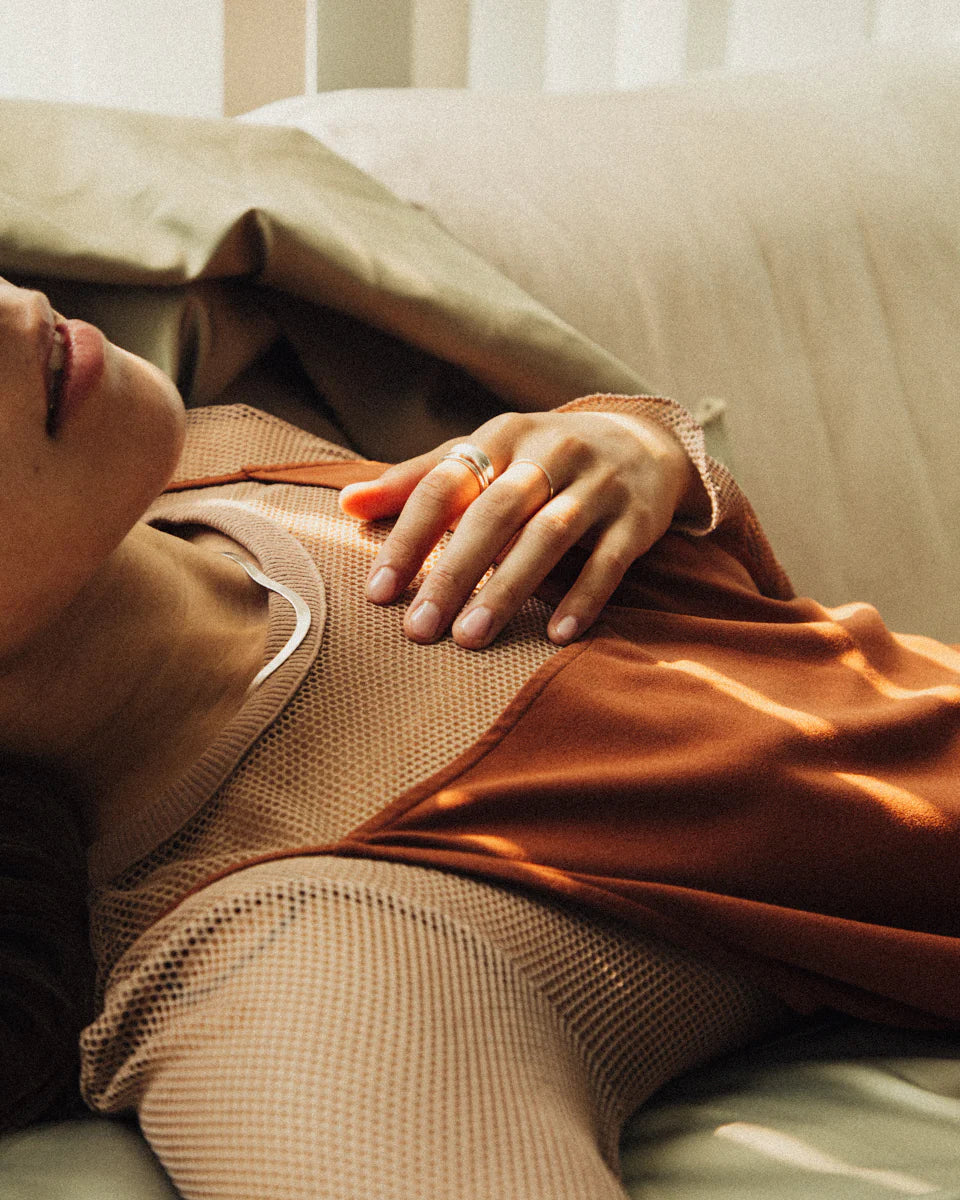A series of brief conversations on any topic that comes to mind that I think is worth sharing. This first part of three is a voice recording of a conversation that I transcribed featuring Pam Lau, a Toronto photographer. We had a chat about the shift from the golden age of experimentation on Instagram and how changes in the way it's used can be conflicting and suppress who you are.

Angie: I think the first time I met you was on a photowalk that Jimmy Vi planned for Common Decency. That maybe was 2 summers ago. It’s funny because the first thing I remember was what you were wearing - You came a bit late and you rolled along with your bike. I think you had on a blue or maybe red kimono. It was really airy and light. You talked a little about thrifting it and the conversation led to me talking about an eco-friendly fashion brand that I worked for at the time. I remember you took a portrait against a dark wall with light that casted through the trees, and I remember this because I wanted to photograph a portrait there, but you got to it before I did!
Pam: That’s the golden age of Instagram. Hitting up someone, sliding into someone’s DMs to take photos.

Angie: Do you not think it’s like that anymore?
Pam: No, people will say they want to collaborate but they want photos to be taken of them. It’s become very transactional, I think. People don’t follow people for the sake of interest in people, everyone has an agenda and sees themselves from a third person. Even if it’s not in your job or in your role to present a public self, everyone is just more consciously filtering themselves to be more curated and restricted. 2015-2016 on Instagram was when the community was starting to grow but you can segment all the different communities and subcultures. I just remember I really liked that time because I was doing events knowing I wanted to move into fashion, but I didn’t know how. I was really frustrated with the work I was doing and I wanted to get better and change, but I didn’t know how exactly. Instagram was a huge catalyst for finding similar people that just wanted to experiment.

"People will say they want to collaborate but they want photos to be taken of them. It’s become very transactional."

Angie: Why do you think there’s been such a shift in the last 2 years? Do you use Instagram differently because of this change?
Pam: I think over time, anything culturally exciting gets commercialized and people want to capitalize on their audience, so they put ads up or make it a game to turn it into a business. That can take the authenticity away from it.
I mostly see it from a work place. I’m conscious of everything I show because I want people to perceive me as professional. I’m way more conscious, and it makes you doubt or self edit.
I think where I was in my career when I wanted to change and shift gears, I needed to spend a lot of time experimenting. Now I’m more jaded; once your passion becomes your work, it’s hard to stay the same level of excitement and motivation as you were in the beginning. Not to say I don’t like doing it - I still like doing it - but you have to remind yourself everyday.

"Where I was in my career when I wanted to change and shift gears, I needed to spend a lot of time experimenting."
Angie: I went through the same thing. I had a main account where I posted photos that were very curated. Remember the time when people’s feeds were all white and minimal? I got very tired of keeping up with that persona, which is me, but isn’t all of me, you’ll see some people set up a second account so that they can post things without that filter. I think through that I was able to find a way to be more open.
Pam: I think it’s interesting that instead of getting rid of your old posts, you just started totally fresh. And I can tell you were doing it more openly and not thinking too much.

Angie: I did it because I wanted a creative outlet next to growing a business account for the brand that I worked for. I had a lot of different parts of me that I wanted to share but at the time, those parts of me didn’t fit under certain accounts. You know when people say, “that’s so off brand”? Many of us try to adapt to different people and situations to feel liked and accepted. It’s like acting. You can empathize with the character you are pretending to be and while you may or may not be who you are pretending to be, you are learning about yourself in the process.
I don’t know if it’s necessarily a good or bad thing to separate those parts of you on different accounts. I’m neutral about it, because through the business account that I ran, I never showed my face but I enjoyed the facade that I could be anyone that I wanted to be. The anonymity taught me over time that I can be completely open. Something that wasn’t easy for me before.
And then on my personal account, it wasn’t until recently did I decide to un-private because I wanted to open more conversations up with people. I think it’s called making friends? Something that feels weird to me, because I feel like I never had many friends growing up. I was a loner.

"I had a lot of different parts of me that I wanted to share but at the time, those parts of me didn’t fit under certain accounts. You know when people say, that’s so off brand."

Pam: Do you remember when there were so many restriction levels on Facebook? Because I had family on there, it was so confusing because there’d be some things I posted and wanted only my friends to see and some posts that were only safe for my family. I was editing to the point of “why am I doing this”? I think everything should be public because I shouldn’t be afraid to show it to all these people. I want to be one unified person. So then I just changed everything to public, and it felt less conflicting.
I can see how people feel trapped thinking because for the one representation of themselves that they show publicly, that’s who they are, set in stone. And that’s their only personality. Since everything encourages you to continue posting and speaking in the same voice because it helps grow your audience, people get sucked into that and shut out parts of their personality. I have definitely experienced that - I thought I was only this kind of person, or did this kind of work. I think I was suppressing a lot of other things.
Angie: That’s how it is when you have privacy walls for all the groups of people that you know. It’s so freeing when you’re not afraid of what you’re sharing. Obviously there’s still a filter because you don’t and shouldn’t have to post every thought you have (isn’t that what Twitter is for?) But it’s so much freer when you can just be yourself. Being weird and all, I can own that.
Pam Lau Is an independent photographer based in Toronto, Canada. She brings a fresh and authentic approach to commercial imagery. She is a recipient of the Applied Arts Young Blood Photography Award and has been named one of five photographers to watch in a 500px spotlight on Asian Heritage Month.



Muchas gracias. ?Como puedo iniciar sesion?
tqmhvlgrih on